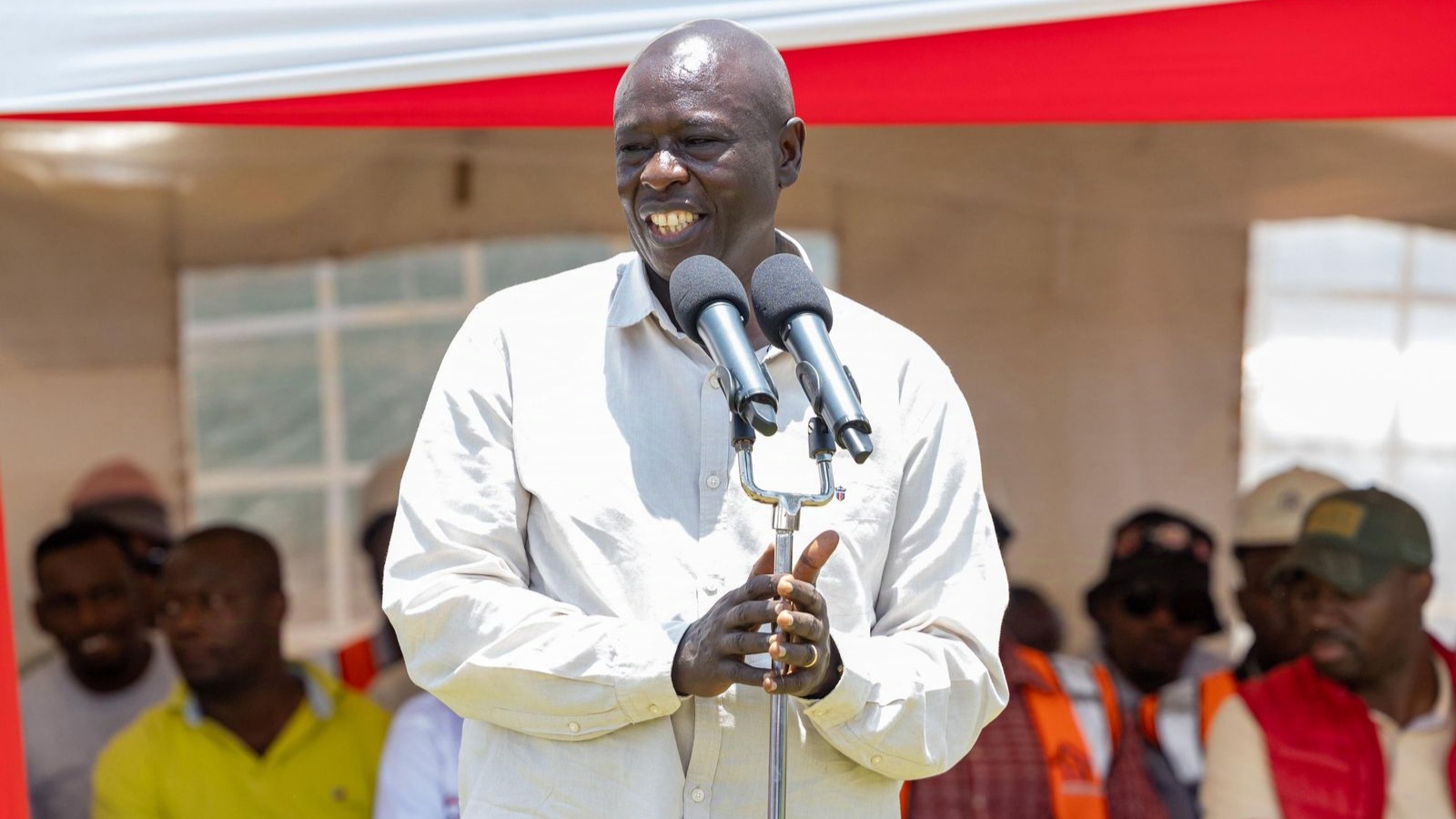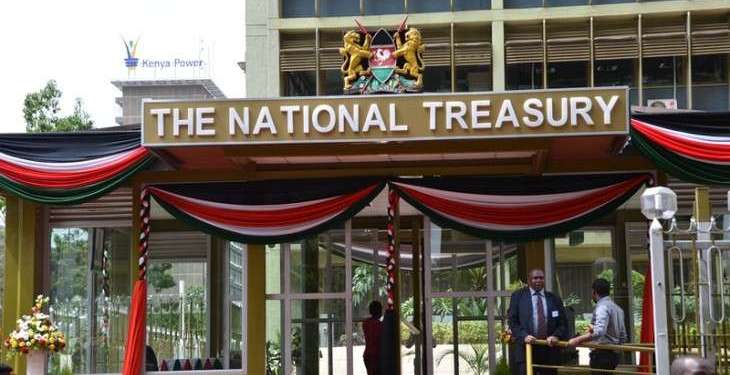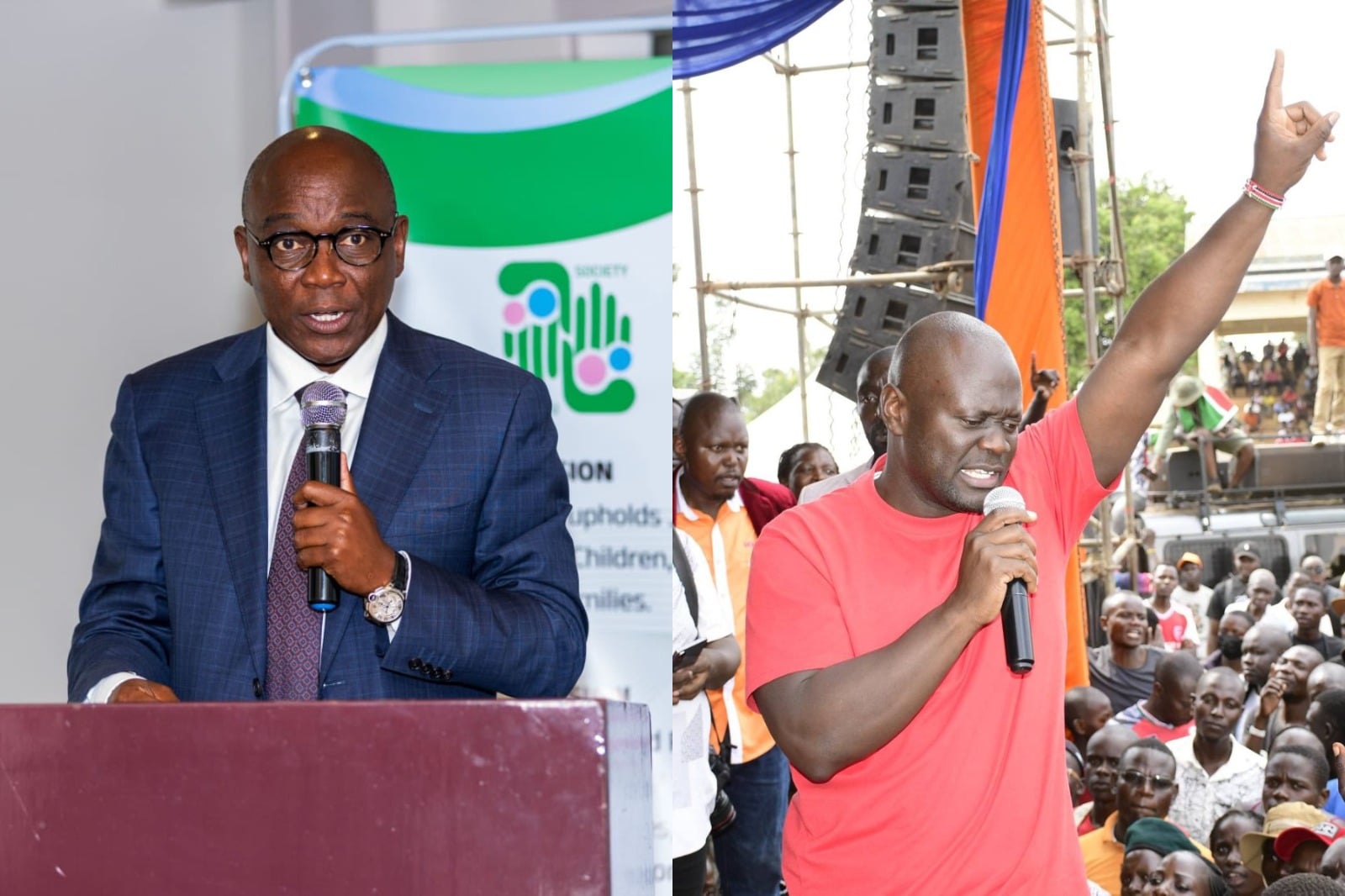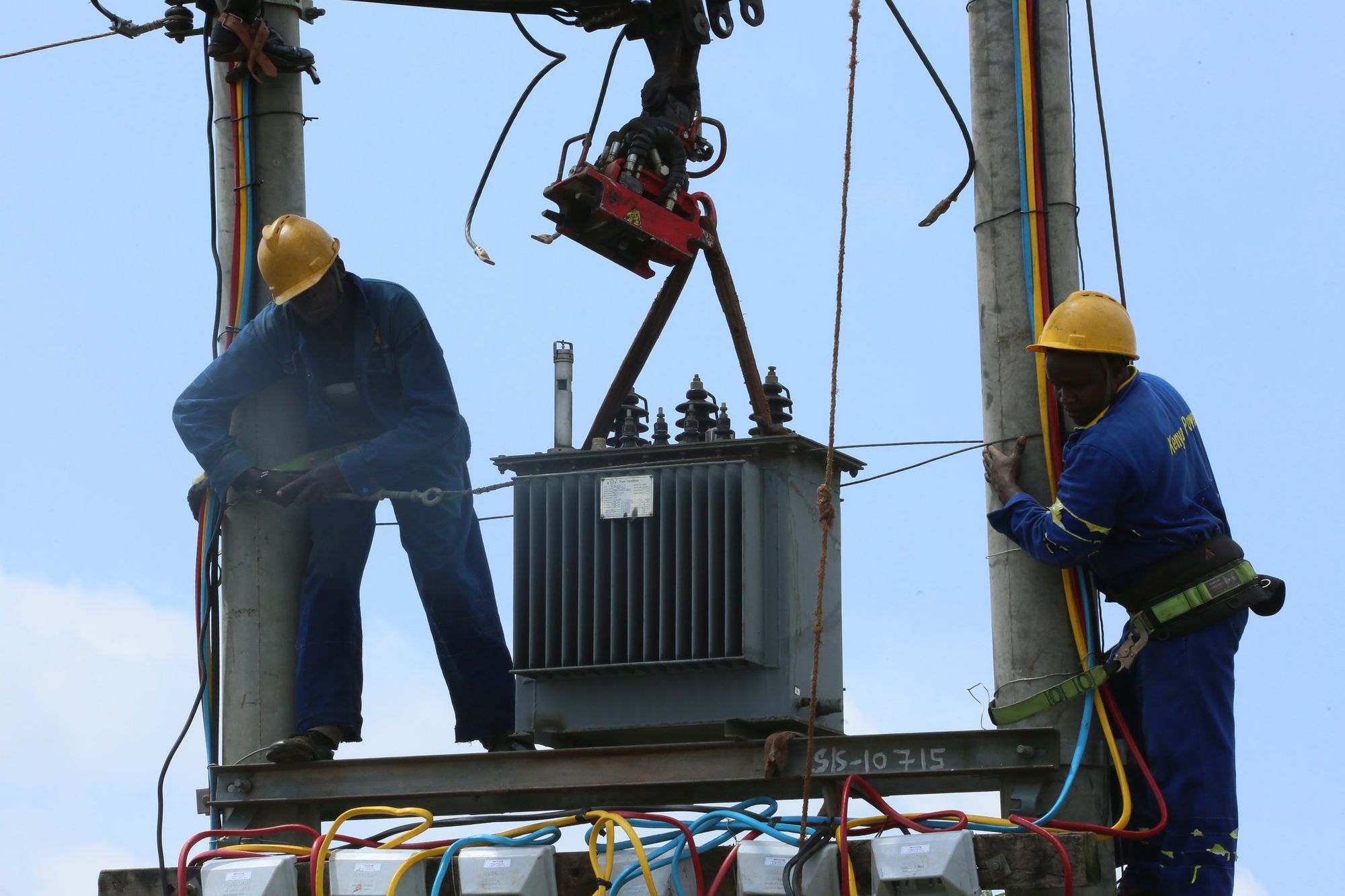A survey by Trends and Insights For Africa (TIFA) has disclosed that 69 percent of Mt Kenya residents oppose the impeachment motion against Deputy President Rigathi Gachagua.
In a report released on Monday, October 7, TIFA noted only 20 percent of residents from the region were supporting the impeachment, with 11 percent undecided.
The survey further detailed that Kenyans were divided over the impeachment of Deputy President Rigathi Gachagua, with 38 percent opposing it, 41 percent supporting it, and 21 percent undecided.
"Overall, Kenyans are quite divided over the current effort to remove Gachagua from office by impeachment, with only a slight plurality in support of it (41% vs. 38%). However, a clear contrast is seen between residents of the Mt. Kenya region and those of all other regions, with well over twice as many of the former opposed to it (69% vs. 28%)," read part of the survey.
According to the poll, those who support the DP’s impeachment are more negative about his performance as compared with those who oppose it.
Read More
The survey also disclosed that the primary reason for those supporting Gachagua's impeachment is the perception that he exhibits a biased attitude and rhetoric favouring his own community.
"By far, the most frequent reason for supporting the DP’s impeachment (by those who do so) is his perceived discriminatory attitude and speech in favor of his own (Mt. Kenya) community (35%), though “poor performance”/”bad leadership” (20%) may also include such a failure together with various others. Significantly, however, a considerable proportion who favor his impeachment could (or would) not offer any reason for doing so (17%)," Tifa stated.
The poll was conducted between October 1 and October 4, 2024, and it involved 1,892 respondents distributed across counties proportionate to population size.
Data collection was done using telephonic interviews and the survey has a margin error of +/- 2.25 percent.






